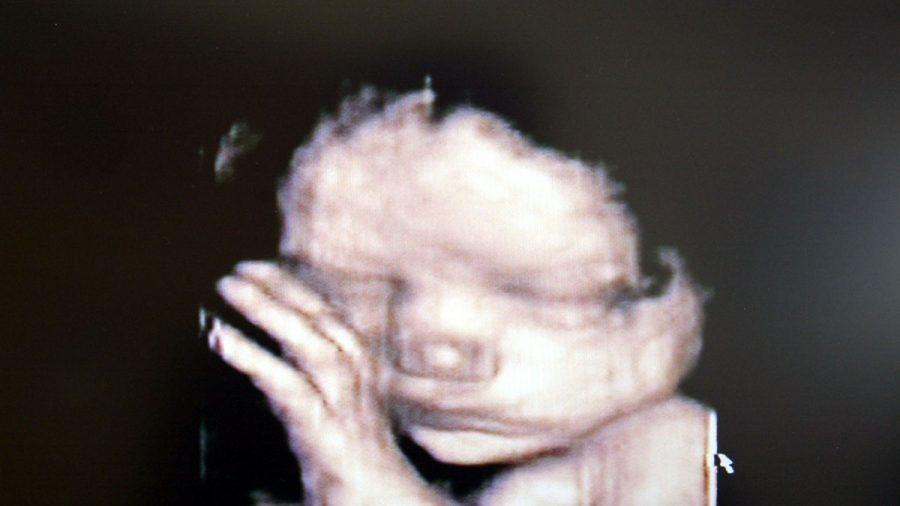The Ohio Senate approved the “Heartbeat Bill” that would ban abortion on fetuses after a heartbeat is detected.
The legislation would “generally prohibit an abortion of an unborn human individual with a detectable heartbeat.”


The Ohio Senate approved the “Heartbeat Bill” that would ban abortion on fetuses after a heartbeat is detected.